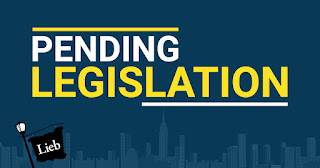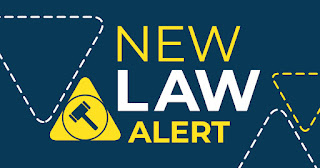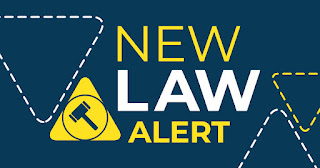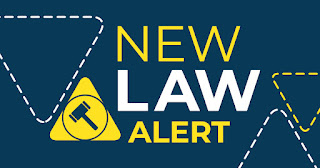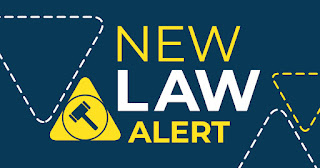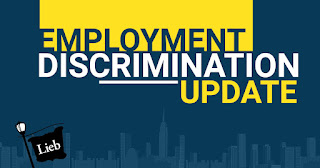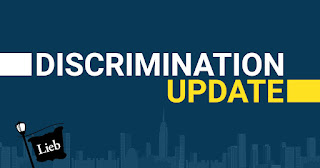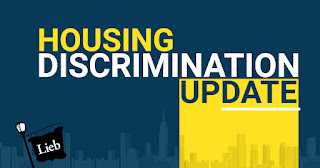The Stop Sexual Assault and Harassment in Transportation Act passed the House on March 30, 2022 and now makes its way to the senate.
If passed, the Act will require airlines, railroads, vessels, buses, and transit entities (e.g., Uber / Lyft) to establish "a formal policy with respect to transportation sexual assault or harassment incidents" together with appropriate trainings.
It is specifically designed to notice, warn, prevent, and combat sexual assault and harassment by the public and staff making transportation safe for all involved.
The Act establishes civil penalties against harassers starting at $35,000.
Shouldn't it be safe to travel and shouldn't it be safe to work in transit?

